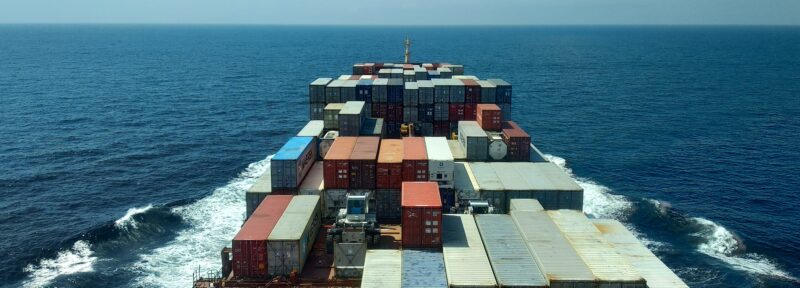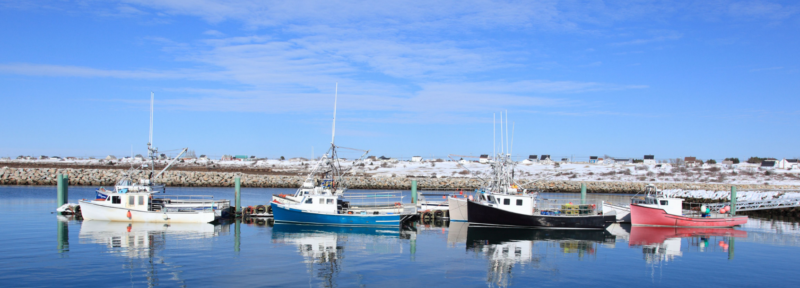Oceans North Says Launch of Canada’s Green Shipping Corridor Fund Will Help Maritime Sector Compete Globally
OTTAWA—Oceans North welcomes Transport Canada’s recent launch of the $165.4 million Green Shipping Corridor Fund. The fund will support the development of clean fuels and technologies at major ports, as well as the development of zero-emission vessels.
“The Green Shipping Corridor Fund is a much-needed signal to the maritime sector that the Government of Canada is committed to decarbonization, and that Canadian ports and ships have financial support to compete internationally in markets already moving to adopt zero-emission technologies and fuels,” said Brent Dancey, Director of Marine Climate Action at Oceans North.
The new fund aims to advance the establishment of green shipping corridors and accelerate the decarbonization of Canada’s domestic fleet on the East and West Coasts, as well as in the Great Lakes and St. Lawrence Seaway. It is structured to require partnerships and to decarbonize and support entire regional supply chains, including ships, port-side handling equipment, and charging and fuelling infrastructure. “Collaboration across sectors and geographies will be key to advancing the energy transition,” Dancey explains.
In its submission to the House of Commons Finance Committee in advance of the 2024 Budget this fall, Oceans North called for Transport Canada to move forward with this fund and to mandate shore power by 2030, meaning that all ships must shut down their diesel engines and connect to electricity when at berth.
“Oceans North is pleased that Transport Canada’s Green Shipping Corridor Fund will support shore power, which is a proven way to reduce greenhouse gas emissions, noise, and other forms of pollution,” says Amy Nugent, Associate Director of Marine Climate Action at Oceans North. “The next step will be to establish regulations that require shore power by 2030—both to match the ambition of other jurisdictions, and to make sure that the infrastructure being built is put to full use.”
Oceans North is working with the federal government, port authorities, vessel owners, and other maritime supply chain partners to support the development of the Canadian Marine Climate Action Plan, which is due to be released next year. We expect the new plan will provide emissions targets and programs that are aligned with the International Marine Organization’s new emissions strategy: net-zero by 2050, with interim targets of 30 percent emissions reductions by 2030 and 80 percent by 2040 compared to 2008 levels. Given the average lifespan of a vessel, this level of ambition requires that 10 percent of energy used in the marine sector be zero or near-zero emissions by 2030.
“We need to act quickly if we want to take advantage of the opportunity that green shipping represents for our maritime sector,” Dancey says. “The new fund is an important step.”
For more information or to arrange an interview, please contact:
Alex Tesar
Communications Manager
[email protected]




